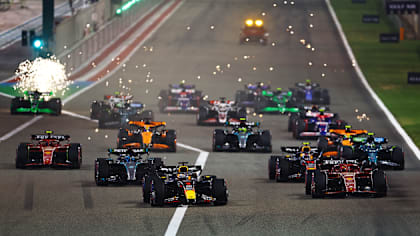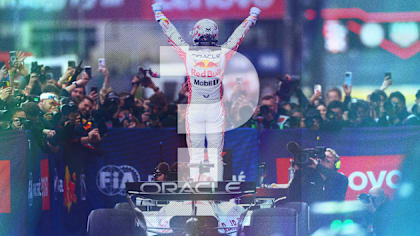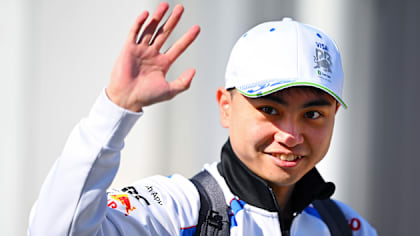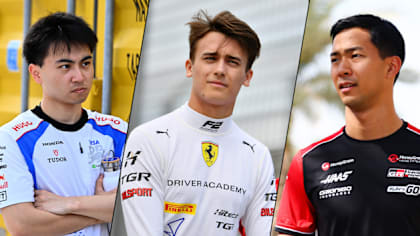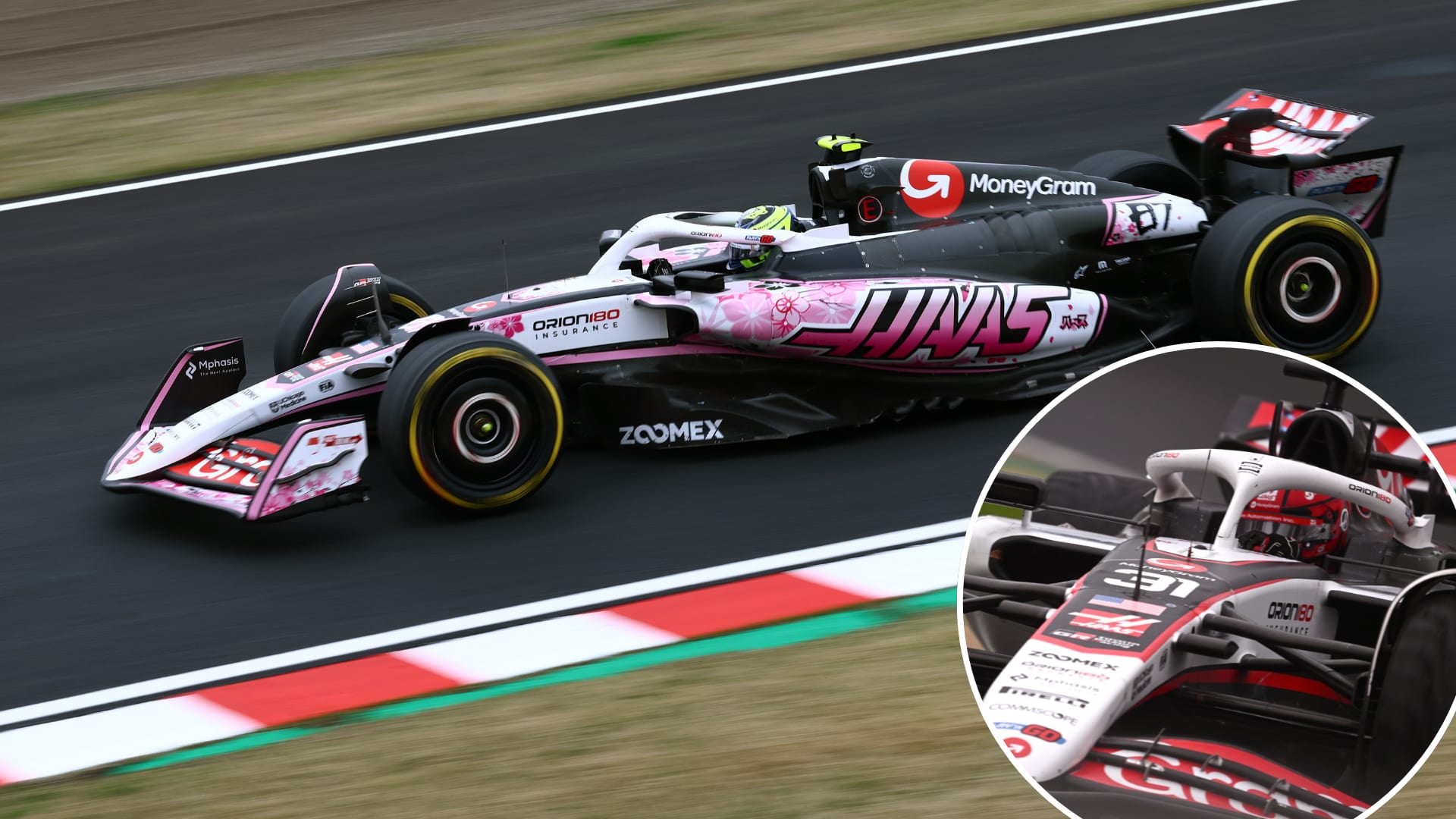Williams have been assisting a British hospital by working with medical staff to help apply their Formula One pit stop knowledge to the procedures used in the resuscitation of newborn babies.
Both scenarios require a team of people to work seamlessly in a time critical and space-limited environment - something which the neonatal team at the University Hospital of Wales (UHW) in Cardiff recognised.
This prompted them to invite Williams to discuss how Formula One techniques and processes could be incorporated into their work. They have since been to Williams’ UK factory to observe the team practice pit stops to see first-hand how they operate.
The UHW team has now identified and started implementing a number of changes to improve its resuscitation processes that are based on those used in F1 racing. The resuscitation equipment trolley has now been audited and streamlined to ensure that equipment can be located as quickly as possible.
A standardised floor space has also been mapped out in delivery theatres to clearly show the area for the neonatal resuscitation team to work in; copying the customised floor map Williams take to races to map out the specific pit box requirements at each track.
And UHW are in the early stages of implementing F1 communications and analysis techniques, including the use of a ‘radio-check’ prior to a resuscitation, greater use of hand signals rather than verbal communication, and video analysis to analyse performance following a resuscitation with debrief meetings as standard.
“When we were approached [by UHW] we were delighted to assist,” commented Williams’ deputy team principal Claire Williams. “Their work is vitally important and the pressure they work under is difficult to comprehend; it’s a matter of life and death every day of the week.
“If some of the advice we have passed on helps to save a young life then this would have been an extremely worthy endeavour. We are increasingly finding that Formula One know-how and technology can have benefit to other industries and this is a great example.”
Williams’ pit stops have been a real success story in 2016 - they have picked up the DHL Fastest Pit Stop Award at all four rounds to date. Part of that success is undoubtedly down to the team having a dedicated human performance specialist who works with the pit crew to fine tune the technique, processes, team work and health and fitness of team members.
